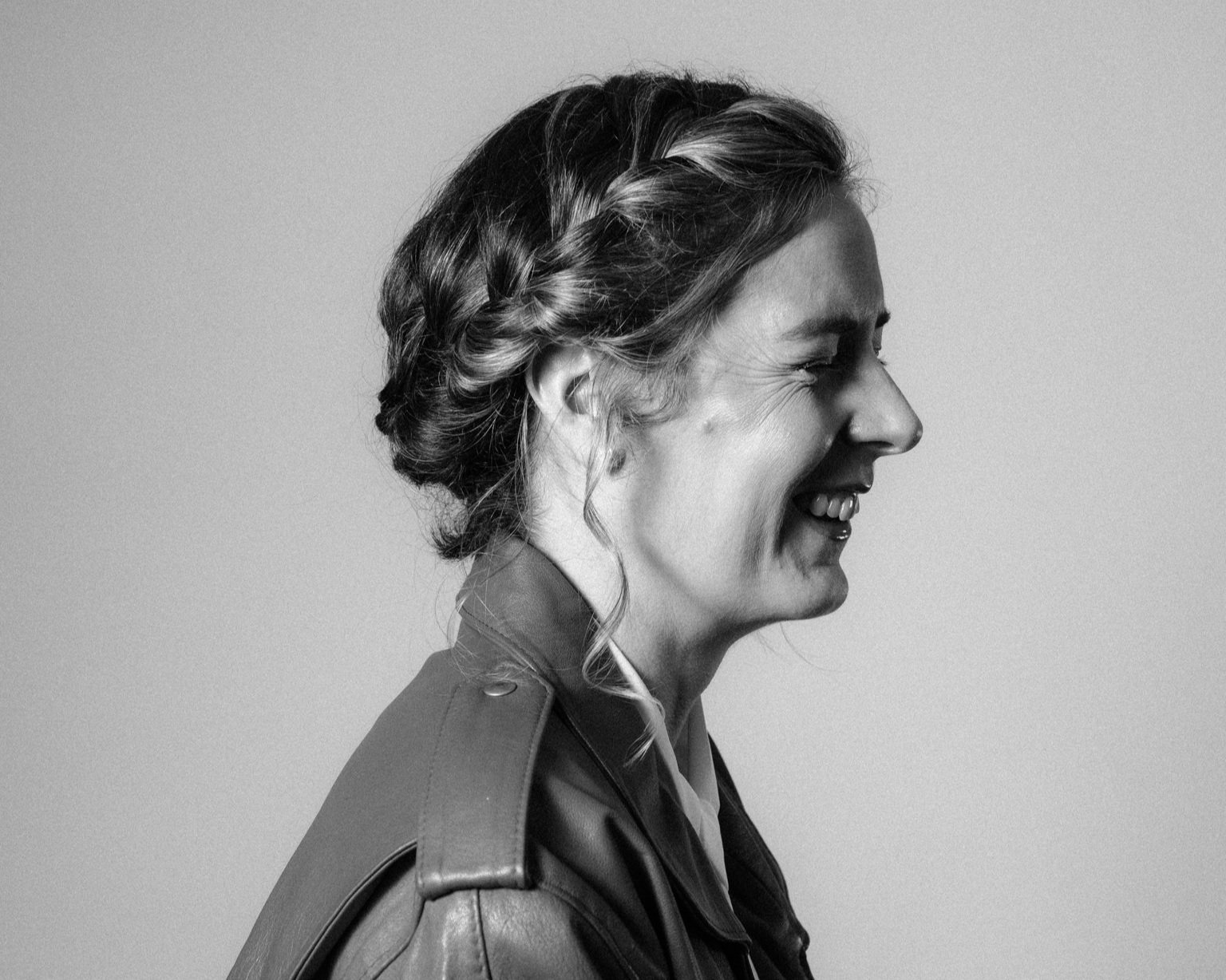FAQs
Why did you become a couple’s therapist?
A lot of dicey couples therapy is happening out there. I should know. I’ve been on the receiving end of it as a client.
Countless practitioners list "couples" and "marital therapy" as specialities in their profiles without doing adequate training in a) relationship therapy and b) not having training in understanding domestic violence and with that, an ability to clinically assess and respond to, covert emotional and psychological abuse in relationships.
I became a couples therapist because I wanted to provide the best couple therapy available in New Zealand, and the safest couples therapy available in New Zealand.
It takes a certain kind of person to work with couples' hopes, dreams, and desires. Sometimes it means making tough confrontations and at other times it means instilling motivation in ambivalent partners.
What are your rates?
Simply click on the “BOOK NOW” button to see my fee structure and availability.
What if I/we are struggling between therapy sessions?
I provide full email and phone support throughout therapy at no charge. You deserve to be supported while making a change in your life or relationship.
How are you different from other counsellors and therapists?
Like many other talk therapy forms, Relational Life Therapy (RLT) sessions involve compassionate and professional care. However, there are several critical differences between mainstream psychotherapy and RLT.
Traditional talk therapists may present themselves as experts in their fields. Relational Life Therapists speak as imperfect people ("coaches") who are also learning about their relationships with people in their own lives. We can help you because we've been through this ourselves, learned from our mistakes, and can share this hard-won wisdom with you. We don't see ourselves as experts - we see ourselves as walking along beside you.
Compared to most mainstream therapists, Relational Life Therapists aren’t “neutral”. We are not “impartial”. We don’t believe that all conflict is created equally. Sometimes it’s one person causing most of the conflict or relationship issues. Relational Life Therapists deliberately take the “side” of the person who has the least amount of power in a relationship.
Compared to traditional counselling and psychotherapy, which does not give advice, Relational Life Therapists give a lot of advice.
Compared to traditional therapy, we don’t give generic advice (you can find generic relationship advice on Google), we give bespoke advice specific to you and your relationship.
Traditional talk therapists tend not to address behaviours or dynamics directly. Relational Life Therapists address issues head-on clearly and directly, without embarrassing or shaming the person seeking help.
We won't tell you what you want to hear; we'll let you know what you need to hear.
We won't spend much time talking or getting you to do any communication “techniques”.
We give you the skills, knowledge, and support to change the dynamic that's causing you problems.
In other words, we're not going to do much talking, but we will be taking a lot of action.
What is the process for applying for relationship/couple therapy?
Please complete the Relationship Therapy Questionnaire located on my website. It takes around 5 minutes to complete. Your responses are private and I do not share these with your partner - or anyone else. I review your responses then get in touch with both of you to either arrange a phone consultation or an appointment.
How long are the sessions, and how often should I/we see you?
Some people attend weekly and others attend fortnightly. We will discuss this during our first appointment.
Note*: The first session for couples is always 90 minutes.
How long will I/we need to see you?
I work fast. You will likely see me anywhere between 1 - 6 times; then we're done because I will fix the deeper underlying issues. It’s uncommon for me to see people more than 6 times.
I provide full email and phone support because it's essential that you feel supported while going through this personal transformation.
But please remember, I work fast, so we only see each other several times, which makes me hundreds - thousands more affordable.
It is rare for couples to need ongoing therapy after an intensive workshop (4hrs) because they’re so effective.
Is online therapy effective?
Yes. Not only is online therapy effective in general, but there is also research to show it is equally effective to in-person therapy.
How will I know whether you’re helping me/us or if therapy is working?
One of the things vitally important to my service is that psychotherapy and coaching work for you. That the things that brought you to see me are improving.
This co-design approach to therapy/coaching means we get real-time feedback. Together we can -
Identify when things are going well
Identify when things have improved (and this has been sustained over time), so we can talk about finishing up
Identify if things aren’t progressing, and tweak them so that you do make progress.
Do I have to have a computer to attend a session?
My online platform [ZOOM] works on computers, laptops, mobile phones, and tablets. You will need an excellent internet connection and you will need to ensure your software and hardware is working well before our appointment please.
Is the software you use secure?
I have paid a subscription with ZOOM. Sessions are NOT recorded for your privacy and confidentiality. There is no charge to clients for using the software.

